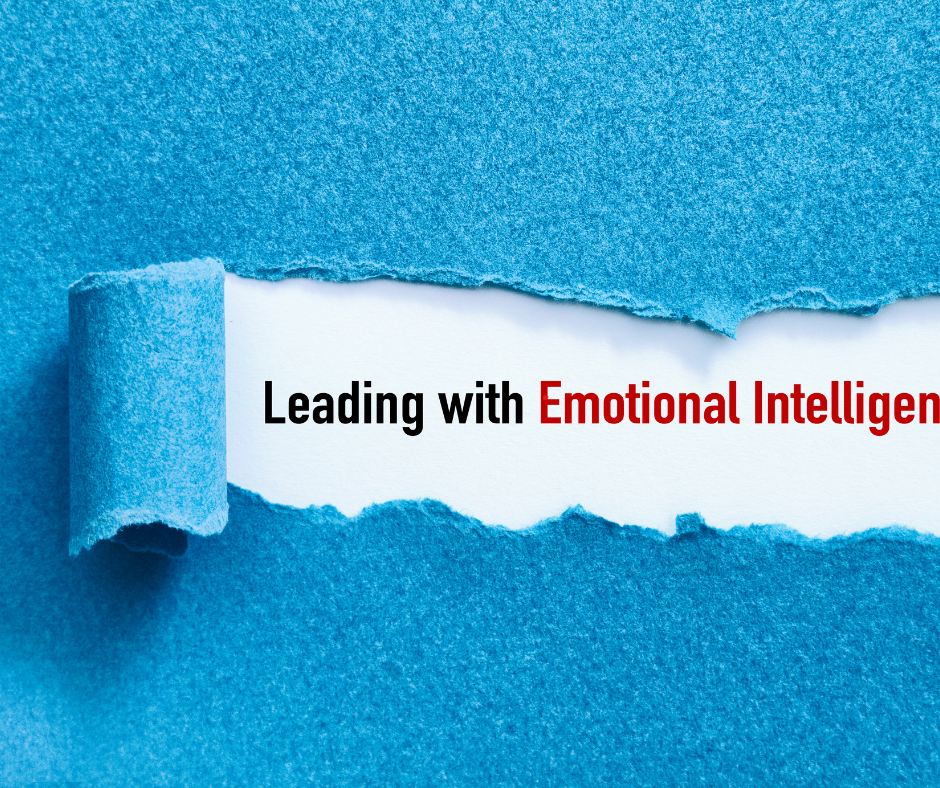By: Melissa Barlock
In a world of rapid automation, hybrid workplaces, and constant digital communication, technical skills are no longer the only—or even the most important—determinant of professional success. What sets great employees and leaders apart today is emotional intelligence (EI): the ability to understand and manage your own emotions, while also recognizing and influencing the emotions of others.
What Is Emotional Intelligence?
Emotional Intelligence is often broken down into five key components:
- Self-awareness – Understanding your emotions and how they impact your actions.
- Self-regulation – The ability to manage and control your emotional reactions.
- Motivation – A drive to achieve for the sake of personal fulfillment.
- Empathy – The ability to understand the emotions of others.
- Social skills – Managing relationships, building rapport, and navigating social networks.
These competencies have proven essential not just for leadership, but for collaboration, conflict resolution, customer service, and navigating change.
Why Employers Are Prioritizing EI
A 2024 LinkedIn Workplace Learning Report found that 92% of talent professionals and hiring managers believe that soft skills, particularly emotional intelligence, are equally or more important than technical skills.
Here’s why EI is a standout skill in today’s workforce:
- Better teamwork: Employees with high EI collaborate more effectively and foster positive team environments.
- Improved communication: They are better at expressing their ideas and listening actively.
- Resilience and adaptability: EI helps people navigate stress, uncertainty, and feedback without becoming defensive or overwhelmed.
- Leadership potential: High EI is often a predictor of great leadership, regardless of job title.
- Customer satisfaction: Empathy and social awareness lead to more personalized and positive client experiences.
Emotional Intelligence in the Hiring Process
Companies are integrating EI assessments into interviews and onboarding. Questions like, "Tell me about a time you had to resolve a conflict," or "How do you handle stress at work?" aim to uncover emotional awareness, empathy, and resilience.
Additionally, organizations are investing in training to help employees strengthen their emotional intelligence, recognizing that EI can be developed over time with intention and practice.
How to Cultivate Emotional Intelligence
If you want to stand out in today’s job market, here are a few ways to boost your emotional intelligence:
- Practice mindfulness: Pay attention to your reactions and what triggers them.
- Request feedback: Ask colleagues or mentors how they perceive your interpersonal strengths and weaknesses.
- Develop active listening: Focus entirely on the speaker, without interrupting or planning your response.
- Pause before reacting: Take a moment to reflect before you respond in emotionally charged situations.
- Show empathy: Try to see situations from others' perspectives, especially during disagreements.
Final Thoughts
Technical know-how may get your foot in the door, but emotional intelligence is what helps you grow, connect, and lead in today’s job market. As the workplace continues to evolve, EI is no longer optional—it’s essential. Whether you’re job hunting, managing a team, or navigating a career transition, developing your emotional intelligence will help you stand out for all the right reasons.
Interested in developing your emotional intelligence or training your team? Reach out to learn more about interactive workshops and coaching programs designed to build stronger, more emotionally intelligent workplaces.
Enspire Dental Opportunities is looking forward to working with you.












